News
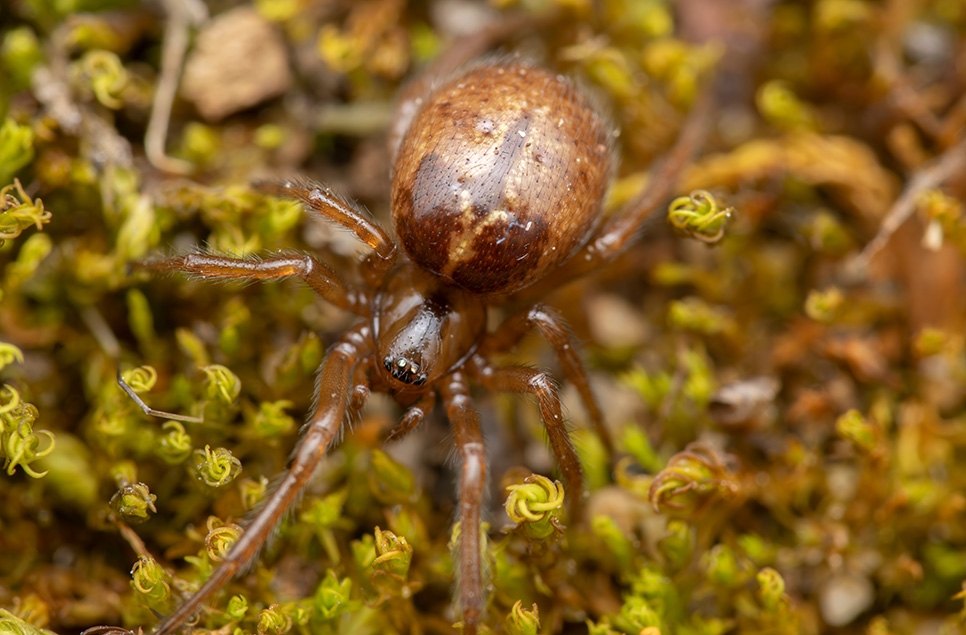
One of the UK’s most elusive spiders spotted at WWT London
One of the UK’s most elusive spiders - the Enoplognatha caricis (E. caricis) - has been spotted at WWT London. The sighting marks only the fourth time it’s been seen in Great Britain in the last 30 years, and the first time in the nation’s capital.
22 April 2025

Wetlands and wildlife charity to drop debut album, ‘imMERSE’
In a move sure to set the music world quacking, WWT announces the launch of its highly anticipated debut album, ‘imMERSE’.
1 April 2025
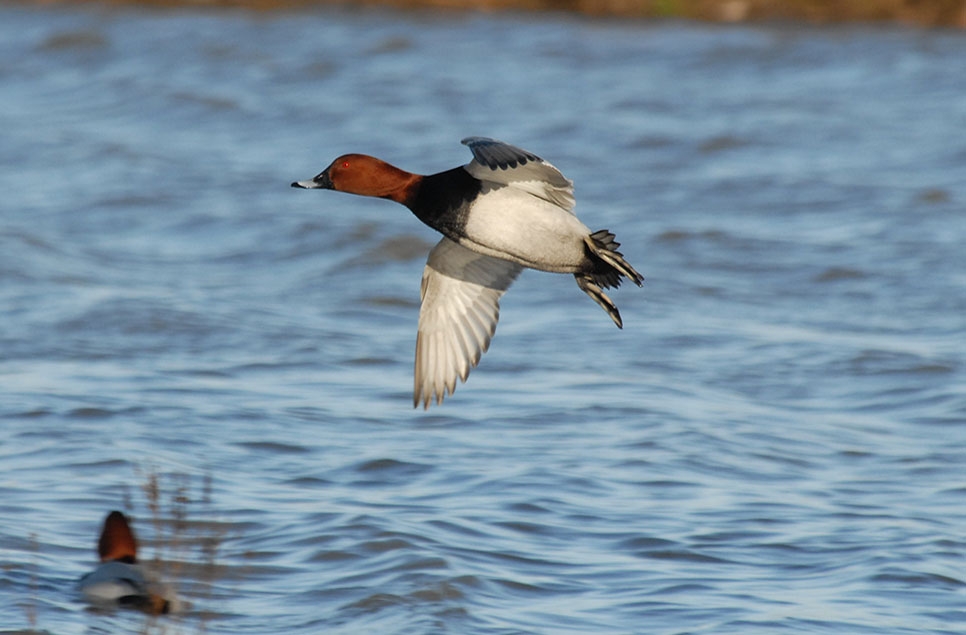
'Delays mean deaths - ban toxic lead ammunition now', experts urge government
Environmental charities and campaigners insist there is still time for the government to save thousands of waterbirds from needless and painful deaths despite another delay on the decision to ban toxic lead ammunition.
18 March 2025
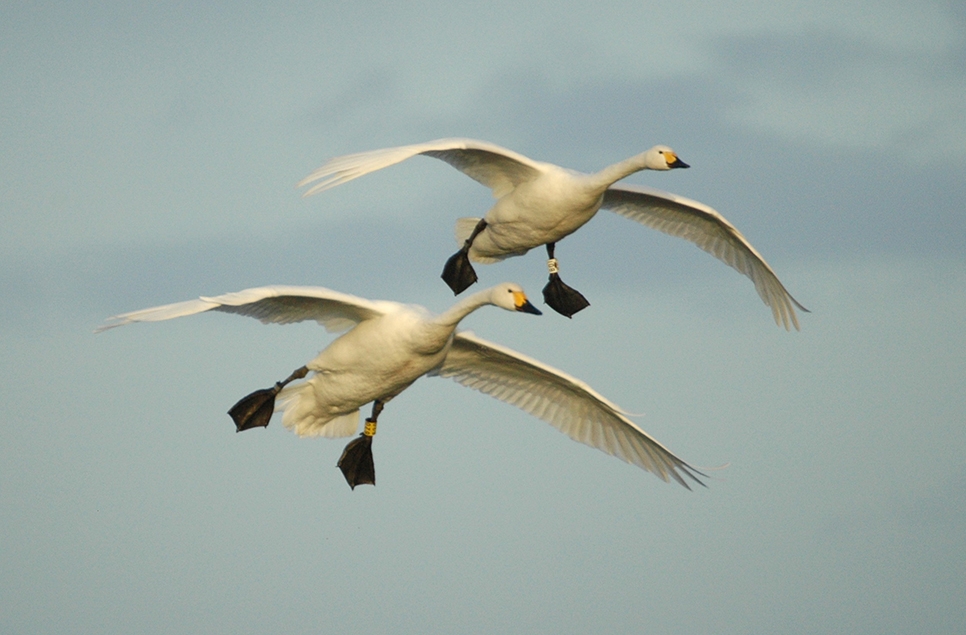
Experts express concern over dramatic loss of Bewick’s swans in Britain
But the solution lies where land meets water.
5 March 2025

Promising signs for Malagasy wildlife and communities as Lake Sofia dam almost complete
A new dam to re-establish Lake Sofia – release site for the critically endangered Madagascar pochard – is now close to completion. This is thanks to the hard work of staff from WWT and Durrell Wildlife Conservation Trust (DWCT), who collectively raised over £100,000 for the emergency action and worked tirelessly with the contractors, local authorities and local communities to turn this project around in time for the onset of the 2025 rainy season, throwing an essential lifeline to the wildlife and communities that call it home.
17 February 2025

WWT statement on the reaction to our lead ammunition campaign video
WWT is the charity for wetlands and wildlife. For the last two decades, we’ve been leading a coalition of partners campaigning for the ban on the sale and use of toxic lead ammunition in Britain, which kills up to 100,000 wildfowl every year. On Tuesday
15 February 2025

Get lost in your own adventure this World Wetlands Day
To celebrate World Wetlands Day, 2 February 2025, we're encouraging nature lovers to explore the hidden worlds within wetlands with a free ticket offer.
21 January 2025
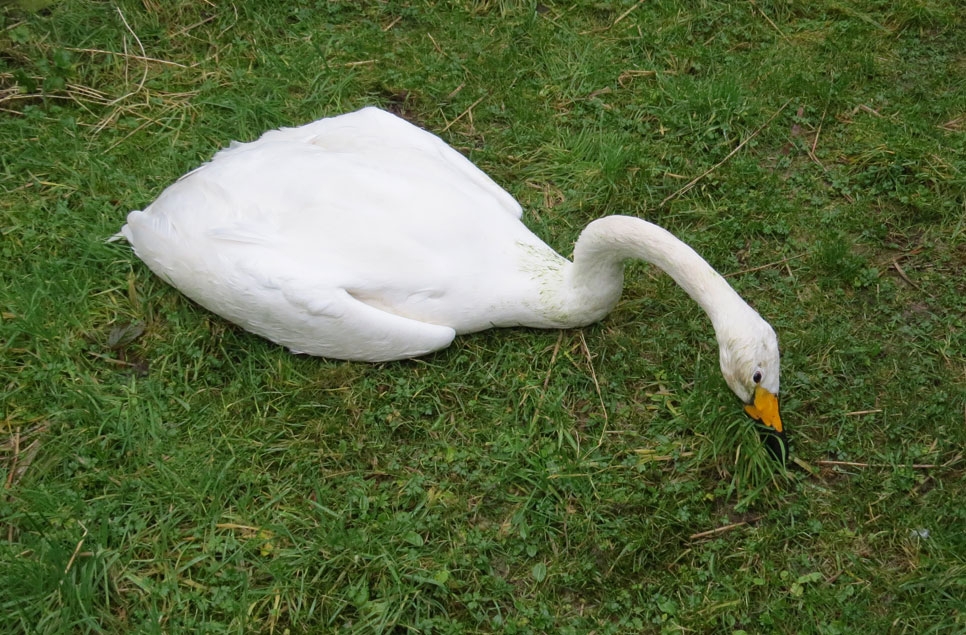
“Throw birds a lifeline and ban toxic lead ammunition”, wildlife experts urge government
Charities, campaigners and parliamentarians are urging the government to end years of delay and decades of poisoning by bringing in a swift, complete ban on the sale and use of toxic lead ammunition in Great Britain.
7 January 2025

WWT to restore saltmarsh on the Awre peninsula
WWT, the charity for wetlands and wildlife, has today announced that it has agreed the purchase of 148-hectares of low-lying land on the Awre peninsula for a pioneering saltmarsh restoration project.
10 December 2024
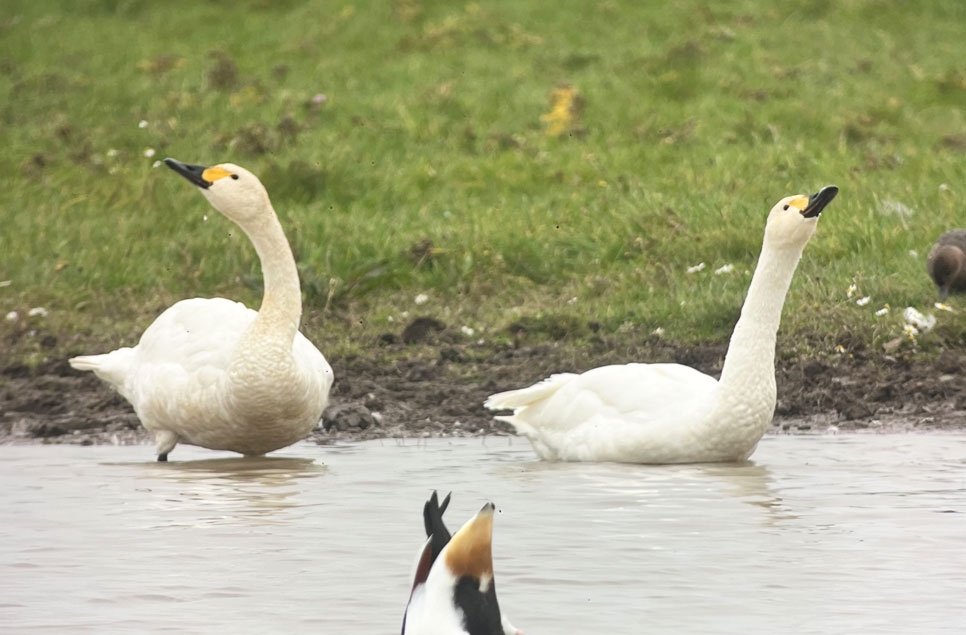
Bewick’s swans knock on the doors at WWT Slimbridge
The first Bewick’s swans have arrived in the UK following their annual migration from Russia.
12 November 2024
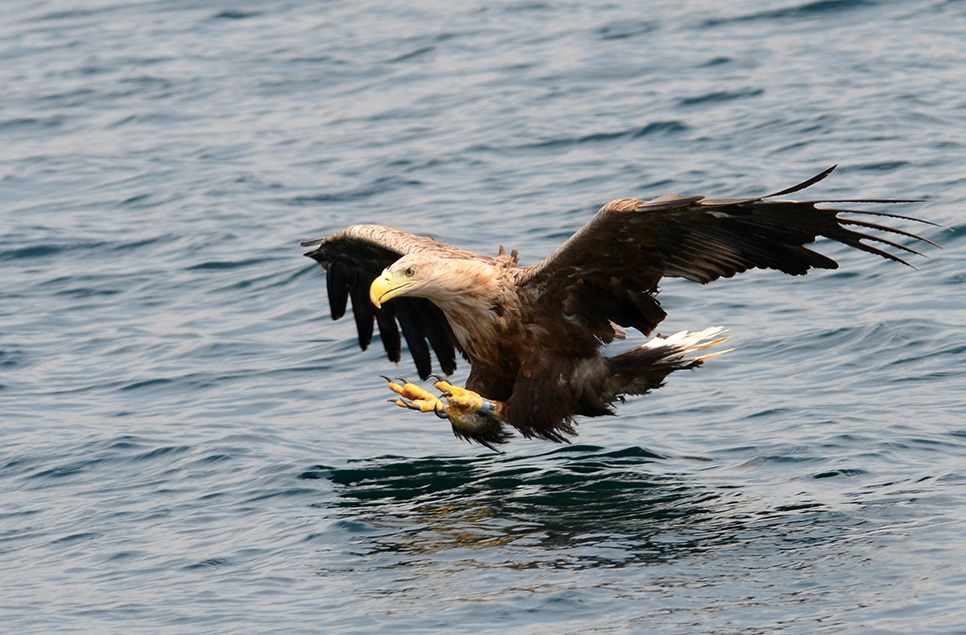
WWT joins efforts to reintroduce white-tailed eagles to Wales
WWT is joining local partners to explore the feasibility of reintroducing white-tailed eagles back into Wales and the Severn Estuary.
4 November 2024
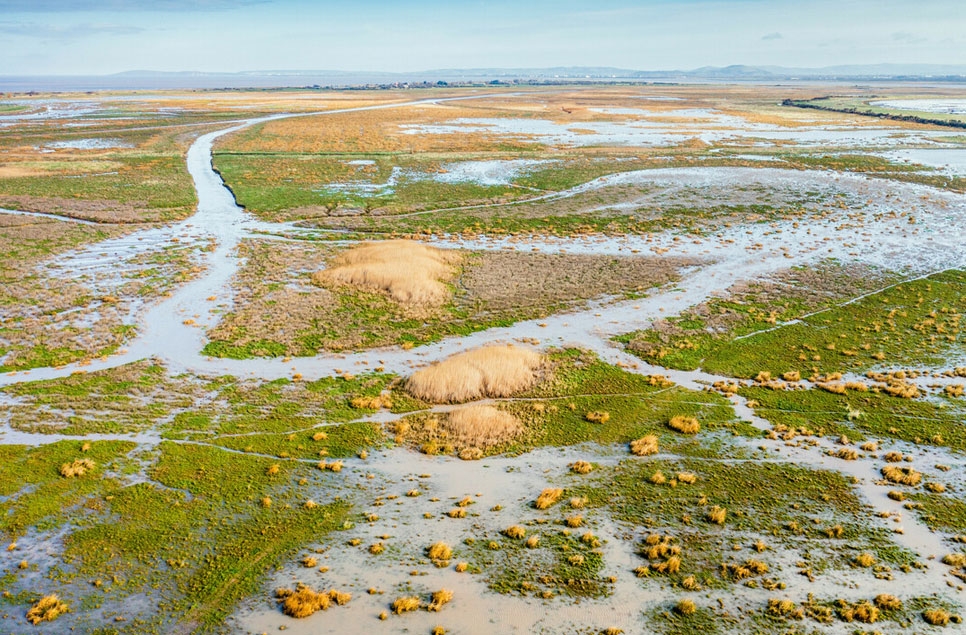
WWT Steart Marshes celebrates 10th anniversary
2024 is a special anniversary for WWT Steart Marshes, marking 10 years since saltwater first entered the breach in the Steart peninsula sea wall.
3 October 2024

Strategic wetland restoration could unlock billions in benefits for people and nature
Spending just under £3 billion on creating and restoring wetlands around the UK in the next 27 years could yield at least £11 billion in benefits for society and the environment, new research has revealed.
30 September 2024

Ducks still regularly shot with lead despite ban
Ducks are still commonly killed with lead shot in England despite a ban and voluntary moves by shooting groups, new research shows.
11 September 2024
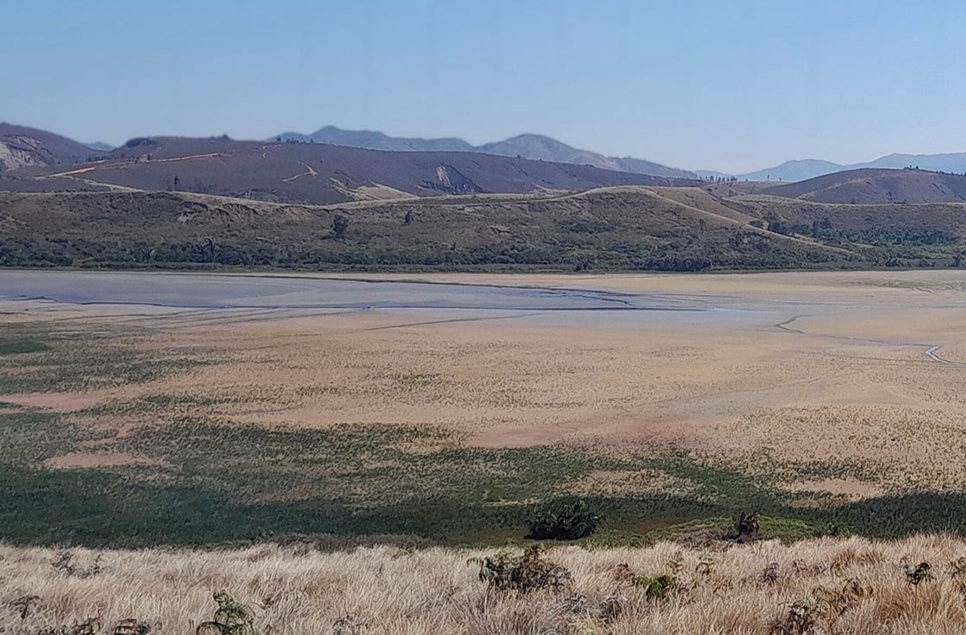
Lake Sofia dam construction could prevent imminent ecological collapse
The lives and livelihoods of 10,000 people, as well as the future of a host of unique species, are under threat due to the near collapse of the Lake Sofia ecosystem in Madagascar’s north-west highlands. Due to catastrophic water loss in recent months
4 September 2024